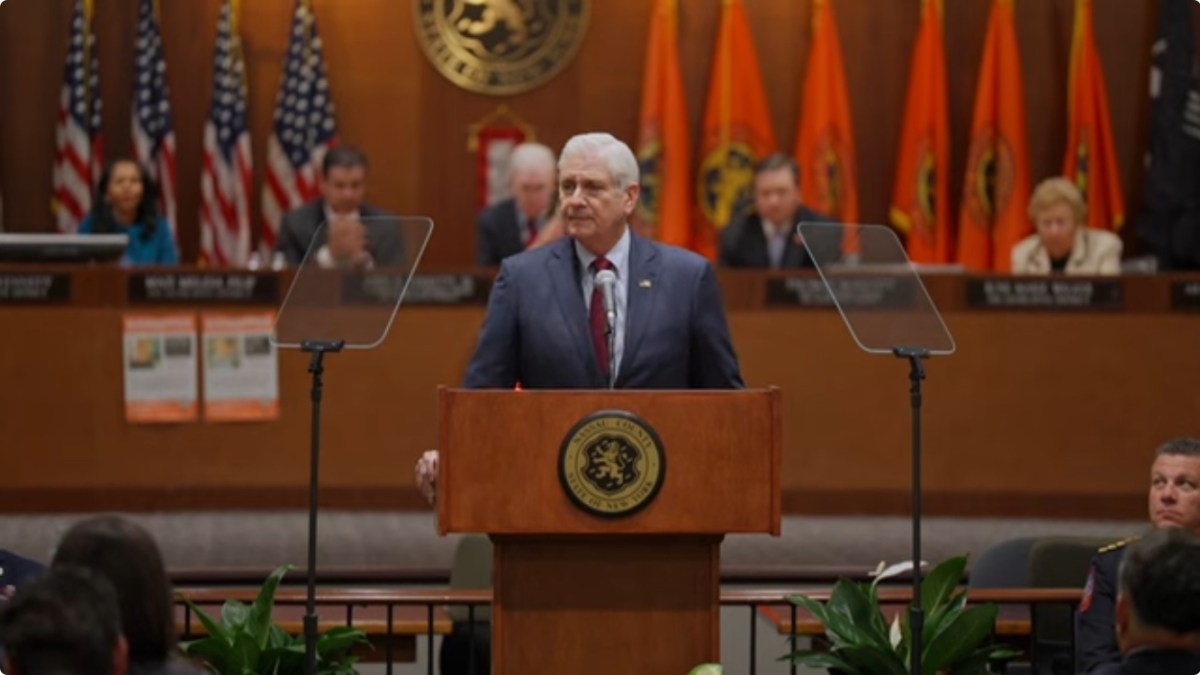Despite talk of America’s recovery, unemployment rates remain stagnant.
Many components are at work creating this negative job environment. By not providing a secure tax future before adjourning for elections, Congress has left many businesses in limbo as to whether they can survive the year ahead. A crashing housing market has left many American families in over their heads and unable to move to a better situation.
These are leading forces that keep the American people unemployed.
“America is in a recovery in name only that is slowing down even further,” says Bill Wilson, president of Americans for Limited Government (ALG). “What American businesses and citizens need is pro-growth policies incentivizing private sector job creation and permanent tax relief.”
Since businesses have not received pro-growth incentives and now face an unknown future, they have adapted by hiring fewer workers, if hiring at all.
This has a direct impact on the job market because employers now expect more out of their newly hired employees. For example, a business that once hired three people to do different operational tasks might only want to hire one person to handle all the job duties. This means many past workers who lost their job during the recession may no longer have the jobs skills needed to perform in their same industry.
Thus many jobs go unfilled despite 4.6 unemployed Americans, on average, competing for each opening, according to an Associated Press article. The article goes on to state that before the recession, only about 1.8 people were vying for the same job.
A couple of the hardest hit industries during the recession were construction and manufacturing. A worker having these jobs skills alone may not qualify him or her for a job in the growing health care sector, for example. Thus, contributing to why unemployment rates have actually risen over the past year despite the number of job openings surging 37 percent in the same time period.
When hiring companies can’t find what they are looking for in the unemployed, they turn to the employed that already have the necessary qualifications on their resume or they train from within.
As businesses become more efficient with fewer employees, fewer jobs are being created. Fears of an uncertain tax future and new health care mandates have disrupted and stalled America’s recovery process.
“After more than $2 trillion in fiscal and monetary ‘stimulus’ the economy is stuck in a web,” says ALG’s Wilson. “Unemployment is stagnant, growth is anemic and after three years housing still cannot recover.”
The failing housing market has also made an impact on the job market. As various job sectors were hit harder than others during the recession, jobs that are available have moved locations. Jobs in the growing health care sector may not be in the same town, city or even state that many of the construction or factory jobs once were. Unless the unemployed are able to move to where the jobs are, then they might be out of luck.
An article in TIME magazine ties high homeownership rates to high unemployment rates. The article states that with property values depressed, about 11 million homeowners owe more on their loan then their house is worth. This leaves families stuck in their homes and unable to relocate to a place with a better job market.
All these factors have depressed America’s job market and recovery.
Congress’ move to adjourn was a move to keep America in a standstill recession.
“Inaction by Congress and the big-government policies of the Administration have done far more harm than good for America,” says Wilson.
Americans can’t find work. Either they can’t relocate for a job, or they find themselves unqualified.
Companies need a healthy business environment in order to grow. The American people need a firm tax foundation in order to spend and invest. The housing industry needs the government to get out of the way in order for it to recover. Since the government has done none of these, it has effectively prolonged the recession and made it nearly impossible for some Americans to find work.
And now for the 17th straight month, America sees an unemployment rate of 9.4 percent or higher — with no relief in sight.
Rebekah Rast is a contributing editor to Americans for Limited Government (ALG) News Bureau.























